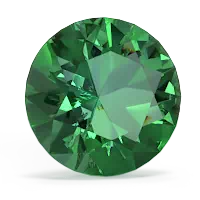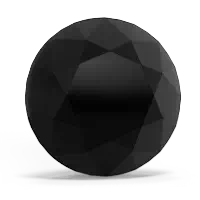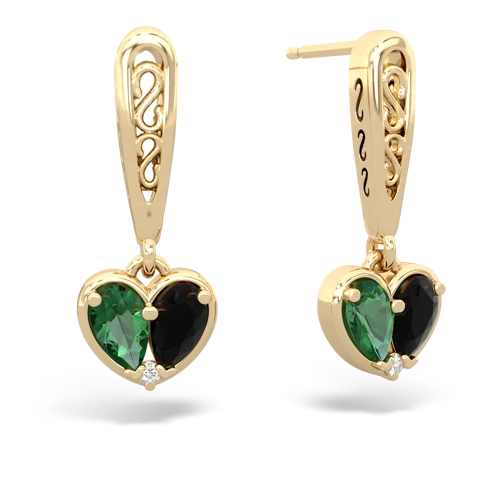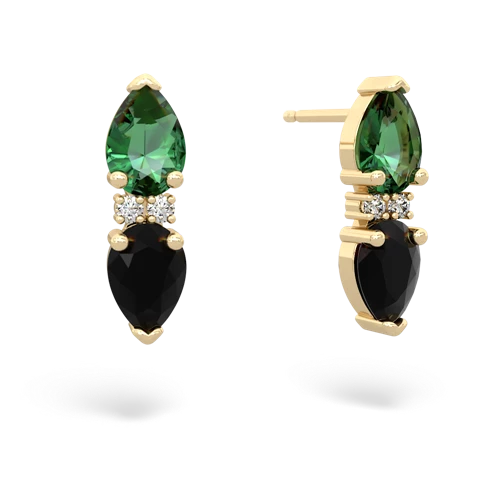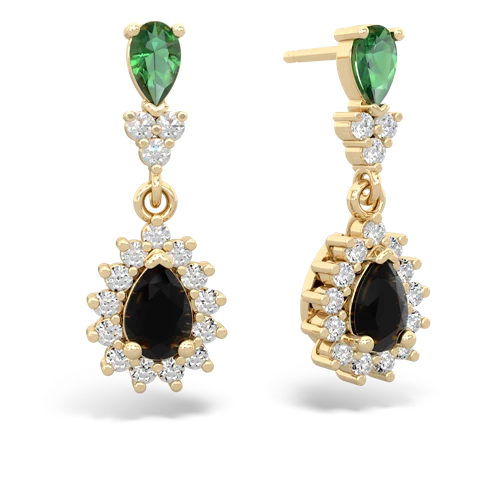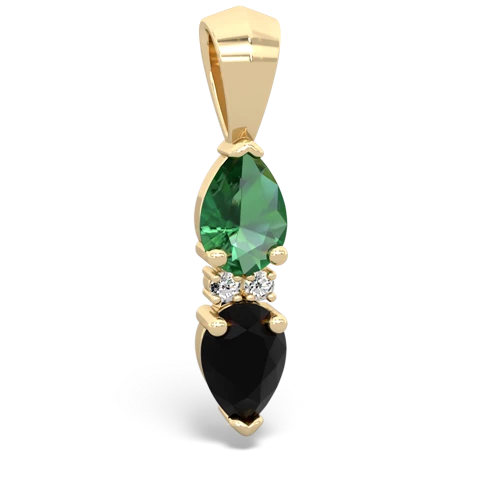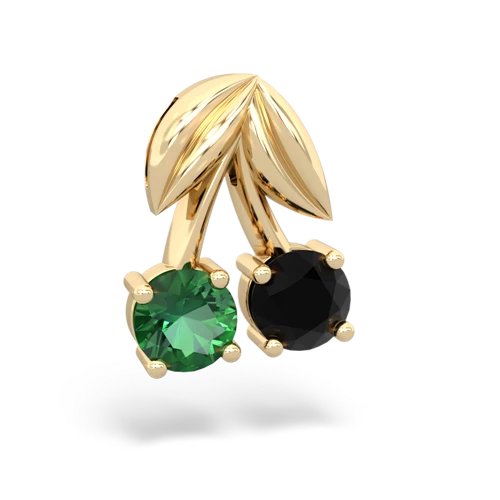Many different gemstones can be bought in today's market. There are sapphires, opals, rubies, emeralds and more. What you may not know, however, is that all of these gemstones may not be what they appear. Some gemstones on the market are not natural gemstones, and should be marked by the seller as either "lab-created" or "simulated". You may find that some of these so-called "fake" gemstones may be almost as expensive as their natural counterpoints! This may seem suspicious to you, but actually, it is an accepted practice in the jewelry trade, that is, if the "fake" is actually grown in a laboratory, which makes it quite real in fact....
learn more